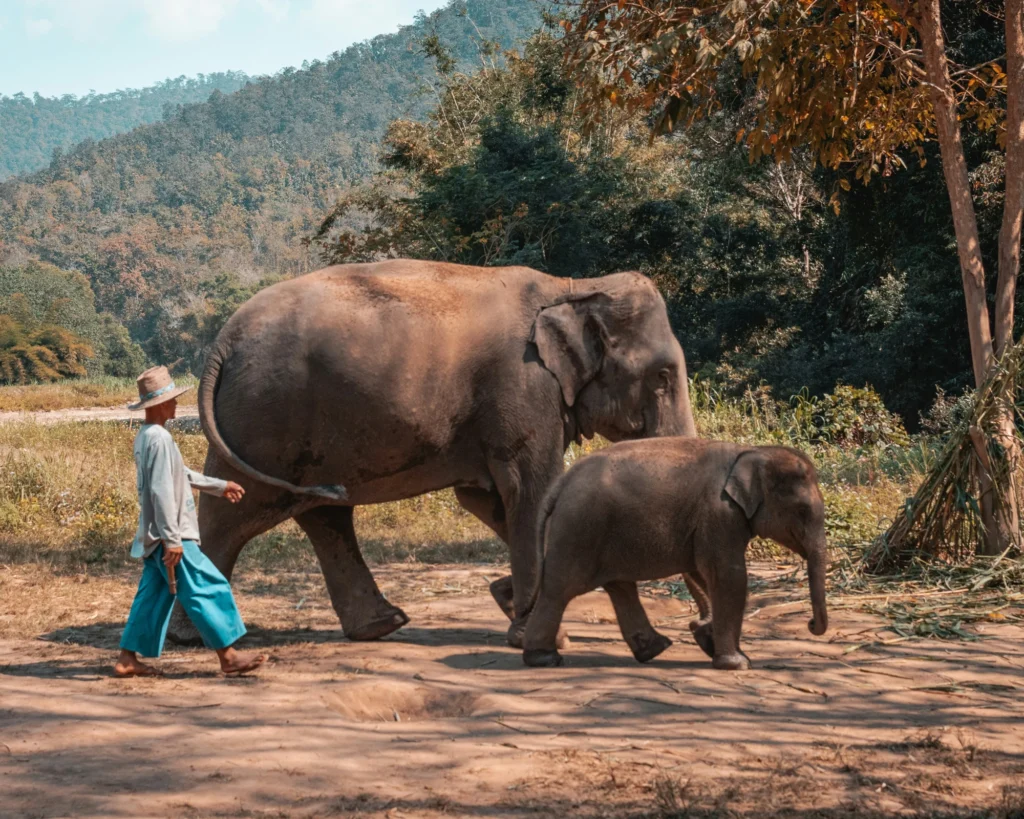Americans Live in Thailand
Americans Live in Thailand
Retire to Thailand
The expensive and stressful American lifestyle has driven thousands to retire to Thailand, where they access modern infrastructure and top-tier healthcare.
How to Retire in Thailand

Retiree Visa
For those over 50 years old who want a simple option, the Thai O visa requires US$2,000 in monthly income and potentially a local bank account deposit.

Privilege Visa
The Thai Privilege Visa grants 5-15 years of residency for a one-time payment (not investment) and other concierge perks.

LTR Visa
The Long-Term Resident (LTR) Visa is a 10-year visa residency program with tax benefits for “wealthy” foreigners.

Marriage Visa
Married to a Thai citizen? You can obtain permanent residency in just three years with proof of US$13,000 in the bank.

Tourist Visa
Those on an American passport can remain in Thailand for 30 days every six months, with the option to extend their stay.
Thailand in Photos
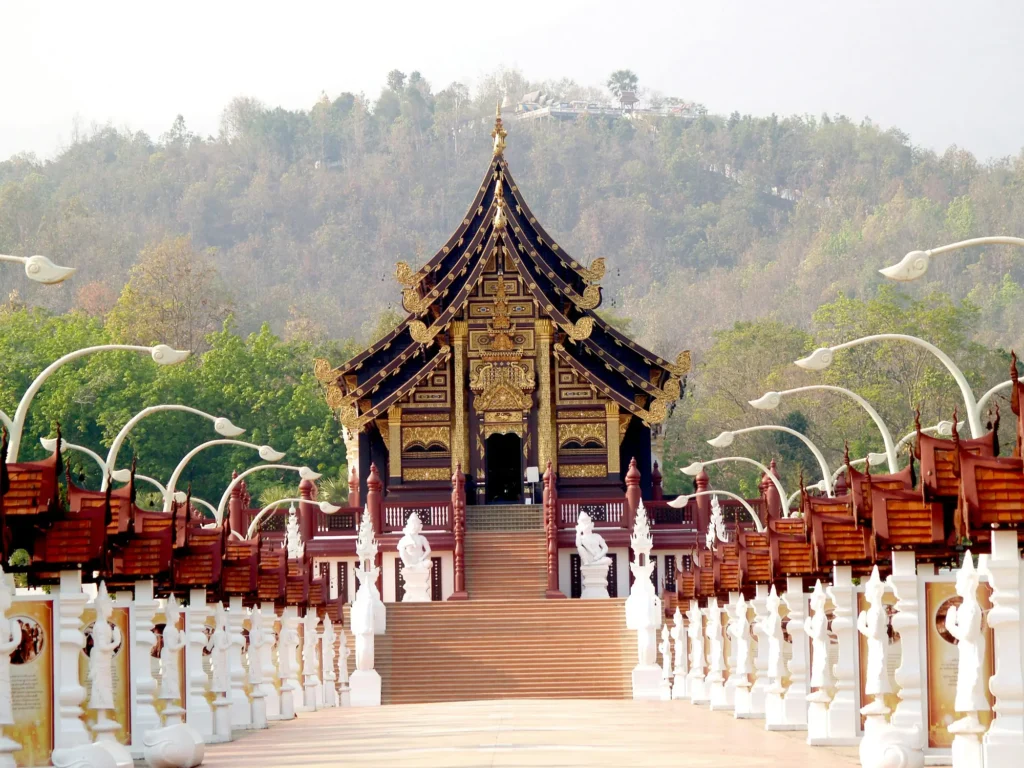
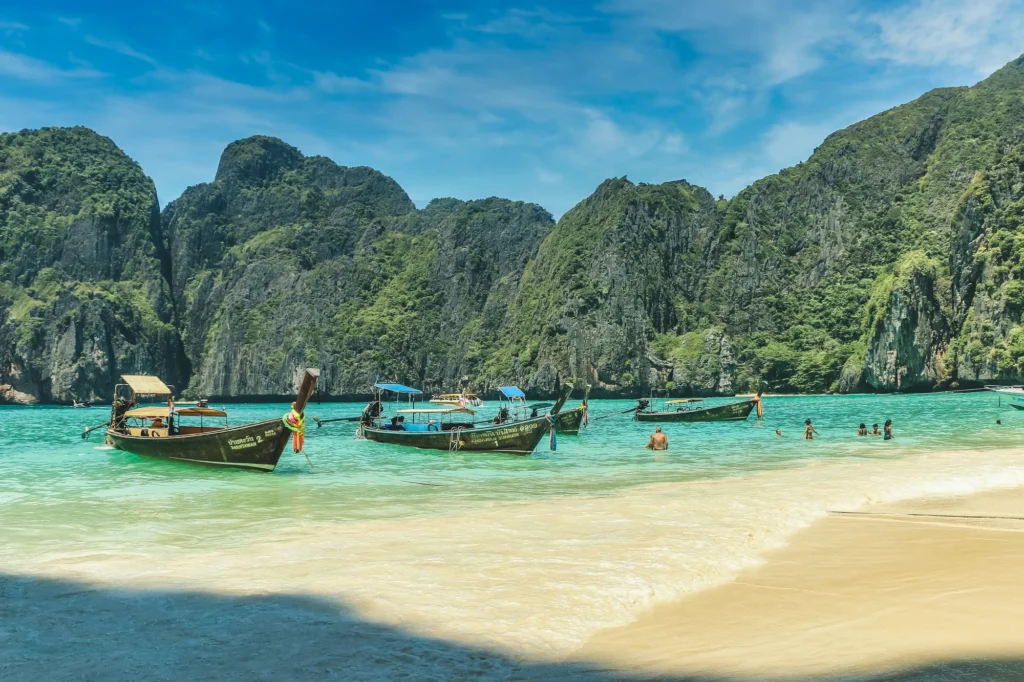

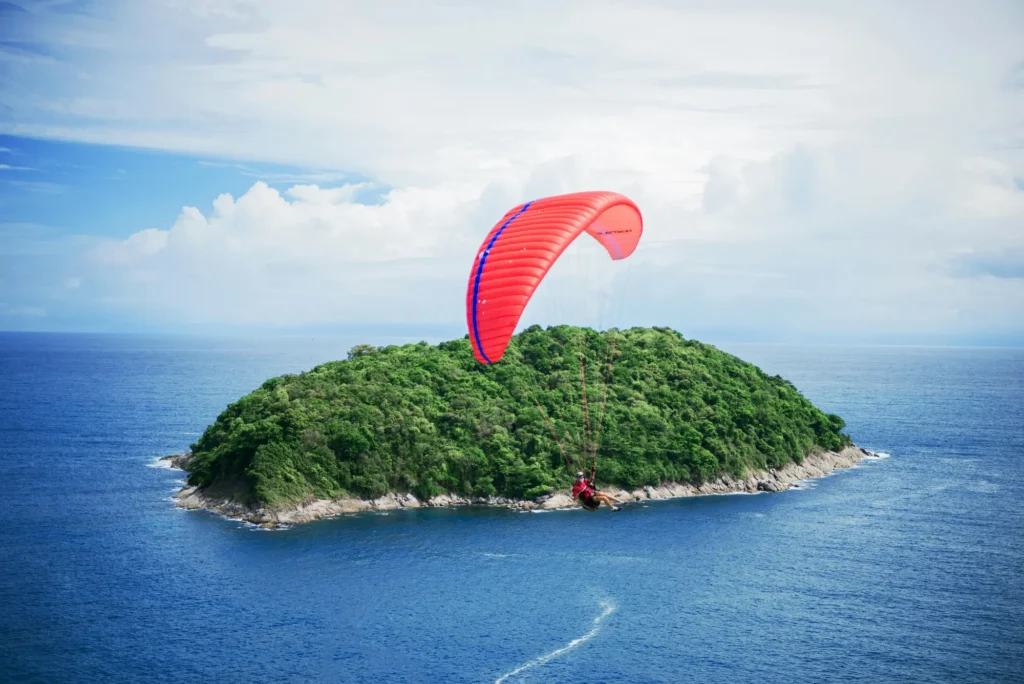
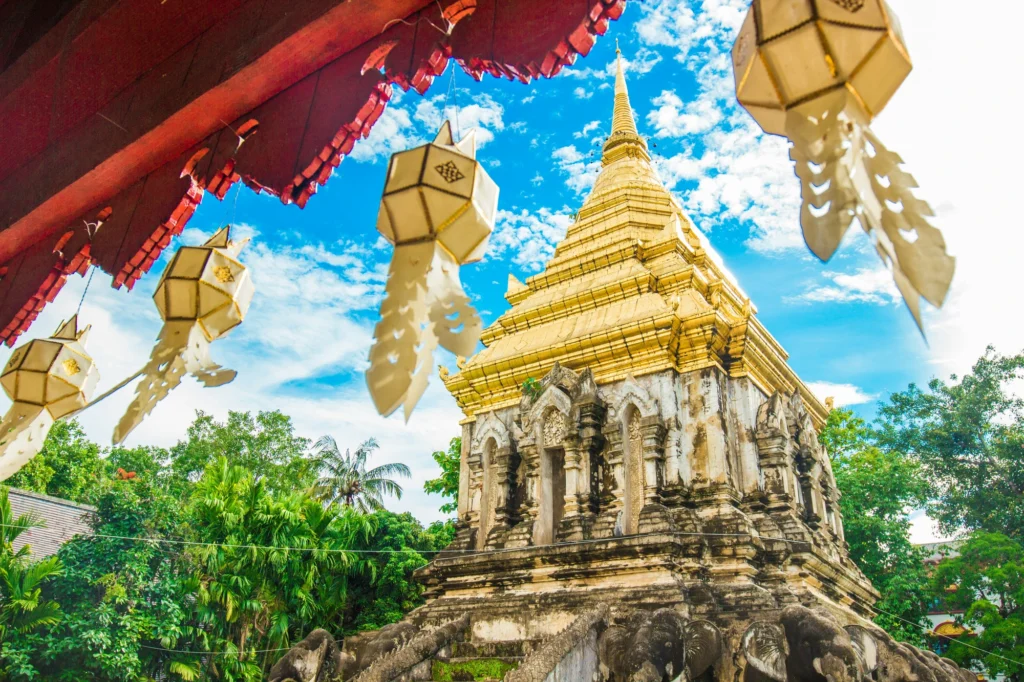
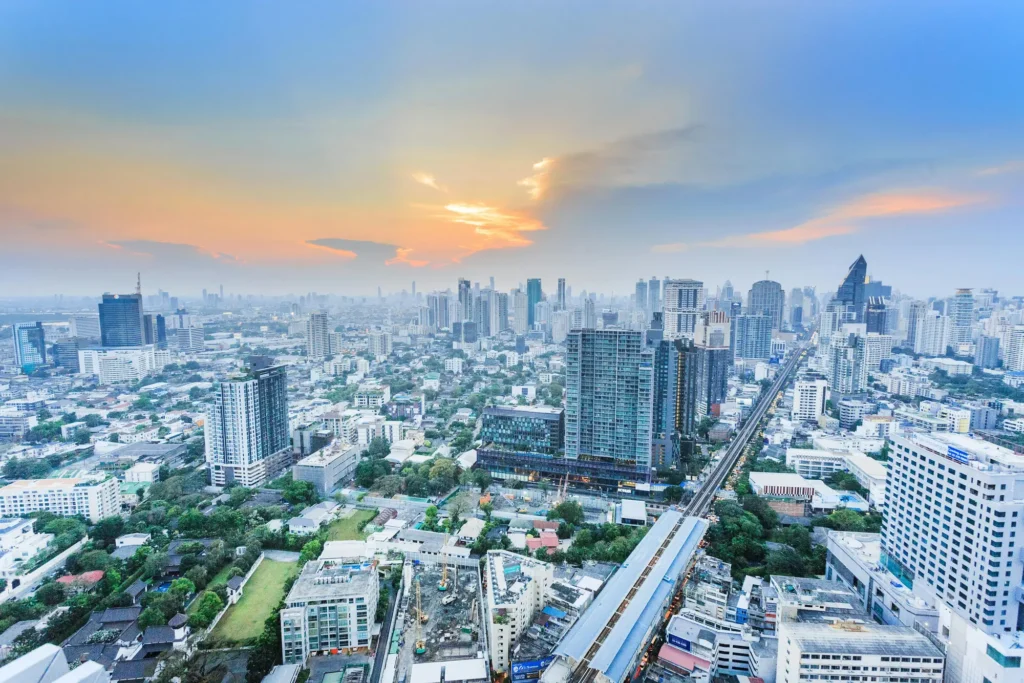

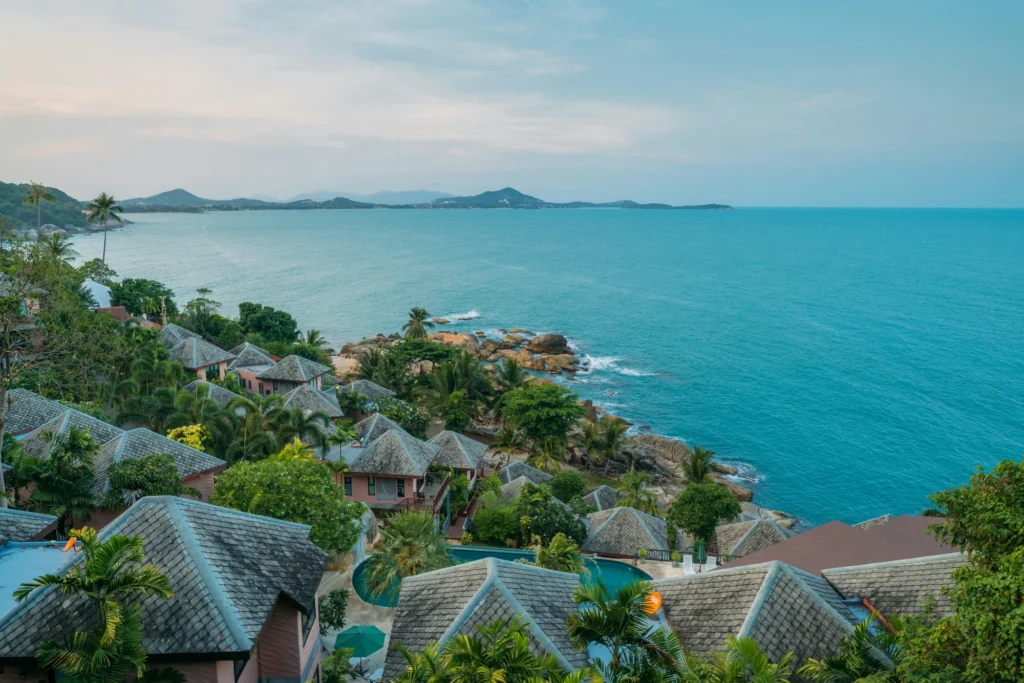
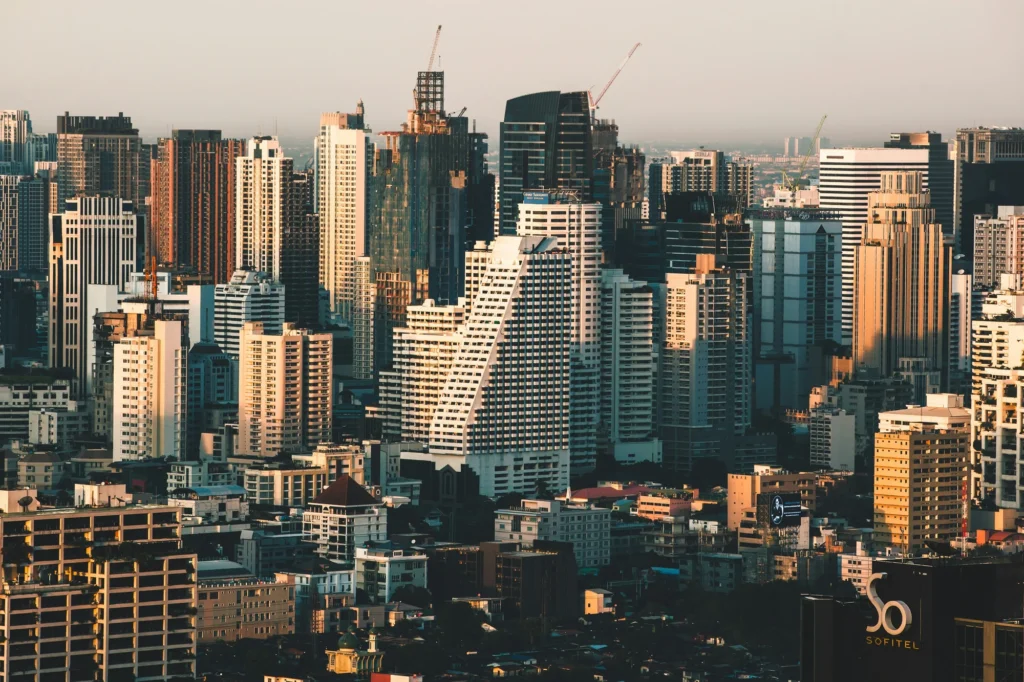
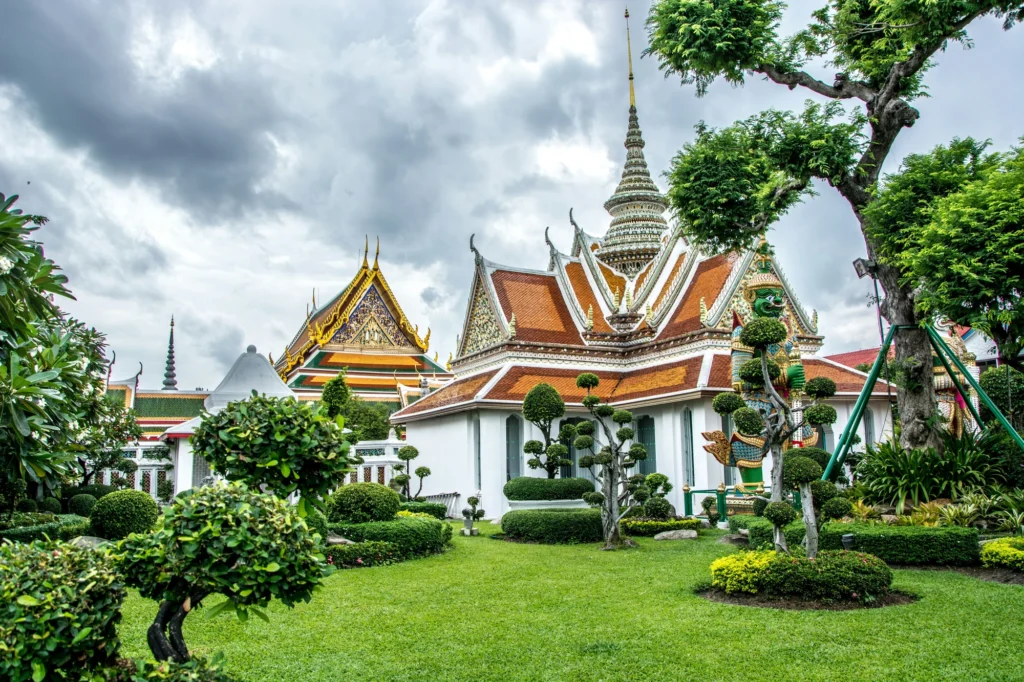

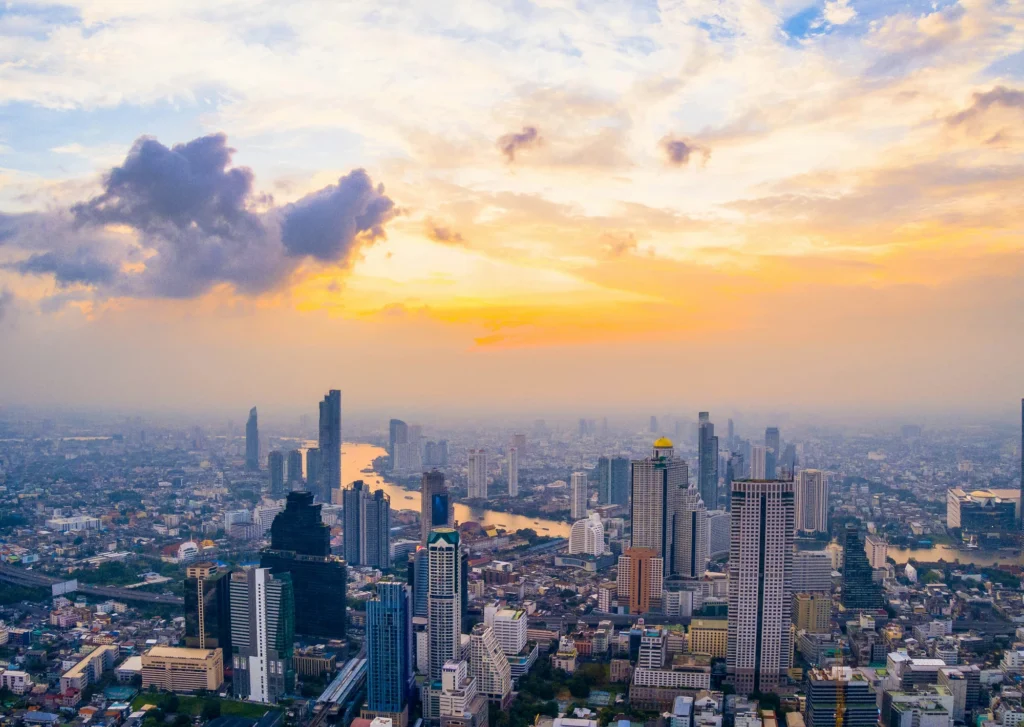

Affordable Cost of Living
Live like royalty on just US$3,000/month – rent, food, and healthcare included. Thai cost of living is extraordinarily low.

World-Class Healthcare
Thailand’s private hospitals are some of the best in Asia. They offer top-tier care for 50-80% of U.S. prices.

Incredible Food Scene
From US$2 street food to fine dining to international plates, Thailand – especially Bangkok – is a foodie’s dream.

Year-Round Weather
No winters here. Thailand offers tropical weather year-round. In fact, it may be too humid and hot for you.

Strong Expat Hubs
Bangkok, Chiang Mai, and Phuket have large expat populations, making it easy to build community.

Global Travel Access
While it is far from the U.S., Bangkok’s airport flies directly to Canada, Europe, and the rest of Asia.

Stress-Free Lifestyle
Thailand’s “mai pen rai” (no worries) attitude makes life enjoyable. If you retire to Thailand, you’ll love its people.

Affordable Luxury
Housekeepers, drivers, and personal assistants – luxuries in the U.S. – are affordable full-time hires in Thailand.
Request Your "How to Retire to Thailand" Guide
How Life in Thailand Compares

Cost of Living in Thailand
Luxury items and imported goods can be more expensive in Thailand than in the United States. However, you can enjoy a comfortable retirement – even in the city – on just US$2,000/month and hire full-time, in-home help like maids and cooks at a significant discount.

Taxes in Thailand
Thai tax policy has changed over recent years. If you become a tax resident, Thailand claims to tax worldwide income. But foreign savings remittances to Thailand and retirement income (i.e. social security) are not taxed. Regardless, be careful – Long-term expats may face unexpected tax bills.

Community in Thailand
Expats are welcomed in the major city of Bangkok and in smaller towns like Chiang Mai and Phuket. Outside of expat hubs and businesses catering toward foreigners (lovingly called “farang”), few locals speak English, which can make full integration tough. Thai is difficult yet possible to learn.

Quality of Life in Thailand
Thailand has great food, stunning scenery, and a slower pace of life influenced by its majority Buddhist population. Expats typically enjoy a less stressful lifestyle, though bureaucracy, cultural, and infrastructure quirks require acclimation.

Safety in Thailand
While violent crime is rare in Thailand, U.S. expats are typically more concerned with scams (the Freedom Files helps you avoid this!), corruption, and road issues. Most expats generally feel safe amid the largely-Buddhist population.

Travel Connectivity in Thailand
Thailand does not have a direct flight path to the United States, making travel to and from the Southeast Asian country long (20+ hours from most U.S. cities). Despite this fact, expats in Thailand have direct access to Europe, the Middle East, and the rest of Asia.

Infrastructure in Thailand
Thai infrastructure often surprises U.S. expats upon their landing in the country. Thailand has great hospitals, modern malls, and fast internet. But power outages, traffic congestion, and inconsistent public services can be frustrating.

Healthcare in Thailand
Private healthcare in Thailand is phenomenal. Modern, clean hospitals offer excellent care at shockingly low costs, but public hospitals have long wait times and varying quality. This is why the Freedom Files recommends U.S. expats access private facilities and clinics.

English Proficiency in Thailand
For decades, Thailand has been a favorite among digital nomads, remote workers, and expats. So in touristic areas, malls, and hospitals, English is frequent. But basic Thai phrases are essential outside of Bangkok.
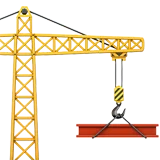
Bureaucracy in Thailand
Hiring the Freedom Files makes the immigration process, banking, and legal matters easier. Why? Bureaucracy can be slow and frustrating, especially for Americans who are accustomed to a fast-paced life in the U.S.
Where to Live in Thailand
Population: 11,382,581
Bangkok
One of the largest cities in Southeast Asia, Bangkok is Thailand’s most developed city and where most U.S. expats live. Luxury condos, nightlife, top-tier food, and world-class hospitals are here. If you love city life, this is the place to be.

Population: 1,244,190
Chiang Mai
If you prefer a cooler, mountainous climate, Chiang Mai is the best choice for you. In Chiang Mai you’ll find a more peaceful, affordable lifestyle with a strong expat community and lots of history.
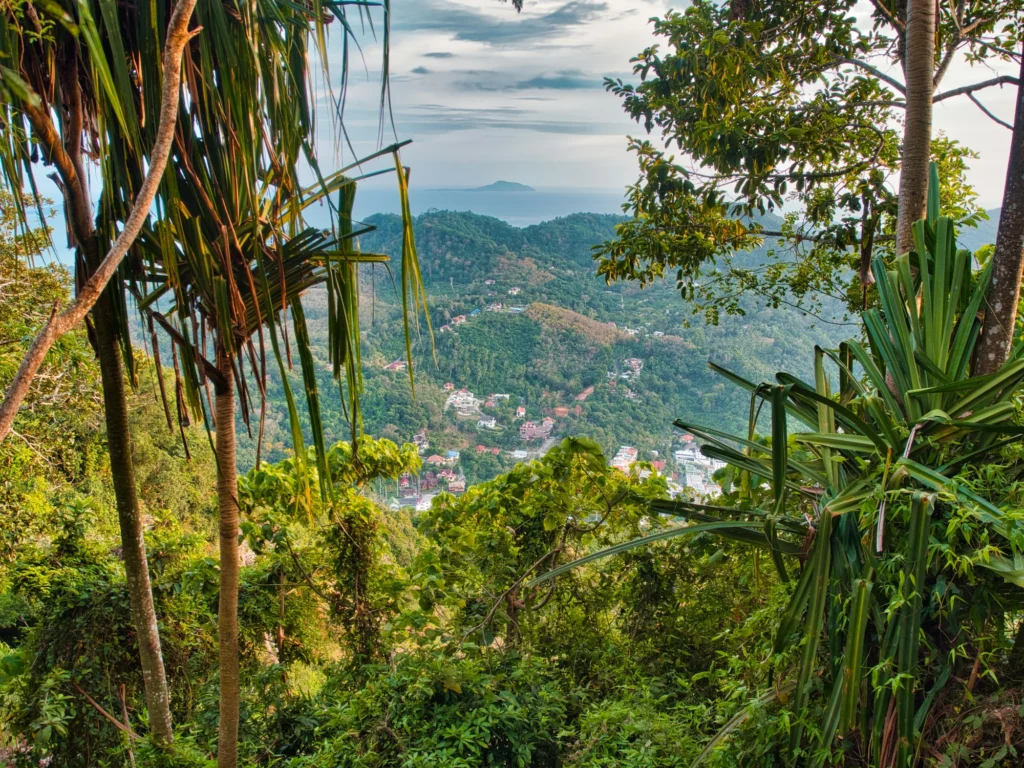
Population: 79,308
Phuket
Built by the Portuguese, Phuket is perfect for retirees who want accessible beachfront living, luxury resorts, and warm weather. The expat scene here is lively and growing but can be a bit touristic for those who want a lifestyle distant from the U.S.
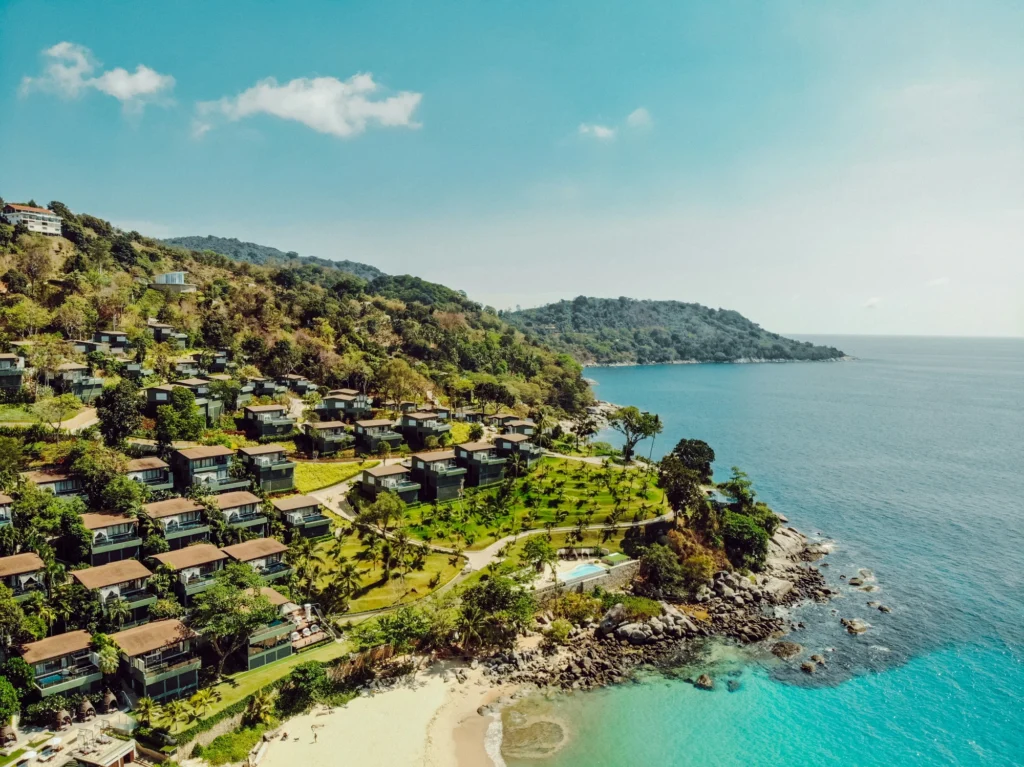
Population: 328,961
Pattaya
Vibrant nightlife, ocean views, and an affordable cost of living – This summarizes the fast-growing city of Pattaya, a top choice among expat retirees. The resort city has an extremely active expat community, and Bangkok is just a 90-minute drive away.
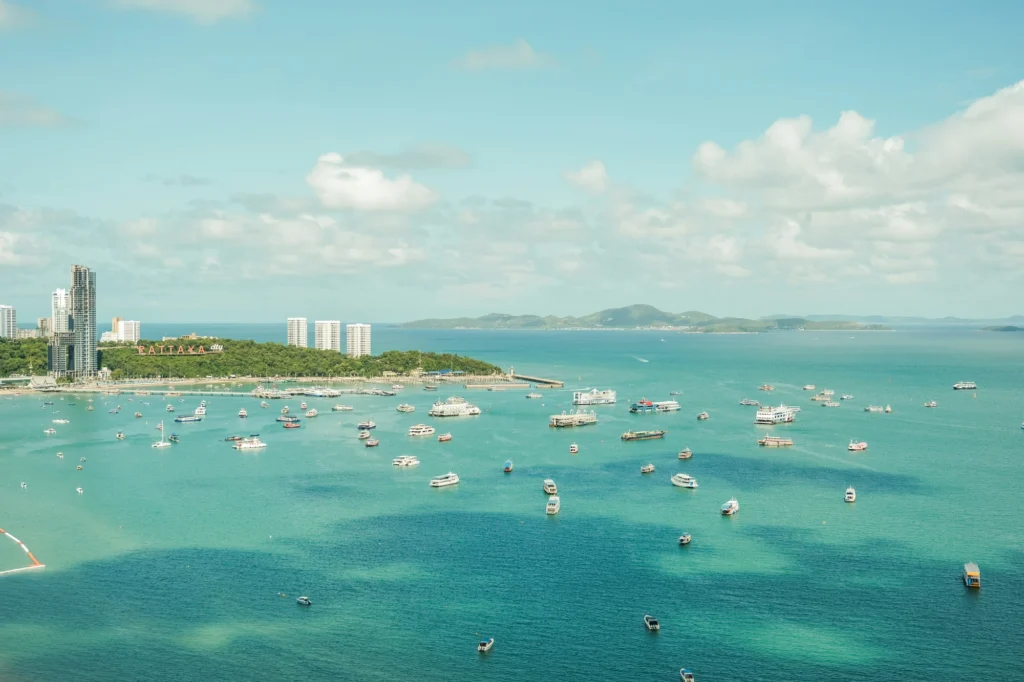
FAQs About Thailand
What’s the Best Visa for Retirees Moving to Thailand?
The Thai Retirement Visa (O) is the go-to if you’re 50+ with US$2,000 a month in income or a US$24,000 deposit in a Thai bank. It’s simple, legal, and built for retirees like you. Otherwise, the Elite Visa provides more benefits and predictability with no renewals after a one-time investment in the country.
Will I Have to Pay Thai Taxes on My Retirement Income?
But If you spend over 180 days in Thailand, you may be considered a tax resident. However, if you don’t remit foreign income in the same year you’re a tax resident, it’s typically not taxed. The Freedom Files international immigration experts help you plan for things like this before you relocate.
Is Thai Healthcare Adequate for American Retirees?
Thailand has some of the best private clinics and hospitals in Asia, with many US-trained, English-speaking doctors and prices up to 75% less than what you’d pay in the United States for equal care. Is it adequate? Thai healthcare is top-tier.
Can I Buy Property in Thailand as a Foreigner?
Yes, foreigners can own condos and buildings. But they cannot directly own the land underneath the building. You can buy condos in your name or set up a legal structure for long-term land leases. Don’t worry – The Freedom Files can help you avoid any scams or pitfalls in the housing or property search.
How Long Can I Stay in Thailand Without a Visa?
US passport holders can stay in Thailand just 30 days visa-free, extendable to 60. For full-time retirement, though, you’ll want a proper residency permit and visa. Long-term. no one wants to count their days. The Freedom Files can help you sort through your options and choose the ideal immigration path for you and your loved ones.


